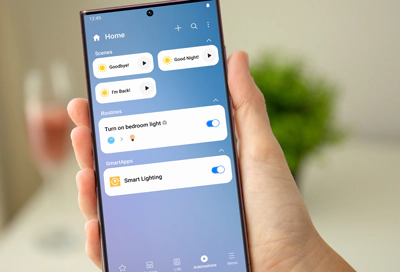Motivating Students to Become Self-Directed Learners

Motivating students to become self-directed learners is very much like persuading a teen-ager to clean his or her room. The method and the approach will differ from one person to the next. There are some cogent considerations with approach, however. These are as follows:
- The age of the student. Although many of the same basic methods might be used with any learner, the student’s maturation will make a difference. For example, a three-year-old will have a short attention span, whereas an adult can acquire the skill to focus, listen, absorb, and use information to produce either a project or answers on an exam.
- The nature of the information that is being taught. Every learner has areas of high appeal and low appeal. Subjects and topics that fall into high appeal will be easier for the student to focus upon and stick with learning both information and skills. Topics of low appeal to the student will require the learner to have greater will-power and perhaps greater external motivations to focus on the material and to learn more about it and about connected information.
- The desire held by the student for acquiring the information. A student who is highly motivated in one class might be bored or restless in another. If the educator can discover why that student seems disinterested in the material being shared in class, he or she might have a key as to why the student is indifferent to the material.
- Whether or not the information can be applied immediately. We live in an age of instant gratification. The greater the perceived relevancy of the material to the student, the more likely he or she is to focus on the information, absorb it, and make use of it. For example, good listening habits are a skill that students can immediately use. They can not only apply it in their communication classroom, they can use the skill in math, history, reading, science, and all other classes.
Listening can also be a component of online classes. Focusing on a recorded voice and gathering information from it is a slightly different skill from listening to a live human being. It is an important skill for many professions, including medical, teaching, office work, construction, and more. Young students can use their listening skills in class. Adult learners can apply it to their daily lives as well as to classes and to their workplace.
Information that has low relevancy to the student’s daily life, such as higher mathematics or the correct way to write a sonnet might be less likely to keep some student’s attention.
Of course, there is the exception, such as a young mother who did calculus problems for fun. Or the budding writer who meticulously counted syllables, hunted through dictionaries and Thesauri for the perfect rhyming word to complete a sentence.
- The student’s experience as a learner. Students who have been praised for discovering independent ways of thinking, for acting upon flashes of inspiration, are more likely to be self-directed learners. They have received pleasurable feedback for their activities, not only as praise, but also in the form of projects or other work at which they have done well. More than that, as they discover the ways that their lessons can be applied to real world experiences, their enthusiasm builds along with their capability.





